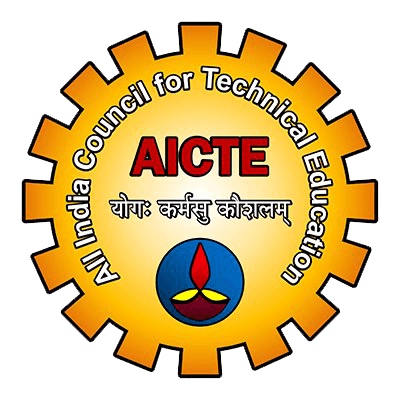

The Department of Mechatronics Engineering successfully organized a one-day workshop titled “Application of Industrial Automation” on 19th September 2024. The event attracted enthusiastic participation from students and faculty alike, with the primary goal of advancing knowledge and skills in the area of industrial automation. Mr. Sabarimuthu, a distinguished Assistant Professor from Kongu Engineering College, Perundurai, was the invited guest speaker, known for his expertise in automation technologies and extensive experience in the field.
The workshop provided an excellent opportunity for aspiring engineers to deepen their understanding of industrial automation by covering both theoretical concepts and practical applications. Mr. Sabarimuthu’s engaging lectures and hands-on demonstrations highlighted the significance of automation in modern industries and the evolving technologies shaping it. The participants were introduced to the basics of industrial automation, focusing on how it enhances productivity, efficiency, and precision in manufacturing processes. The workshop also delved into the latest trends and innovations that are revolutionizing the industrial landscape, helping students stay up-to-date with current advancements.
One of the workshop’s primary objectives was to equip students with a foundational understanding of automation systems, which will serve as a stepping stone for future learning and project work. In particular, the role of Programmable Logic Controllers (PLCs) was emphasized. PLCs serve as the backbone of industrial automation systems, acting as the brain that controls various machinery and processes in automated plants. These controllers can monitor and control a range of devices, from sensors and actuators to motors and conveyors, making them indispensable in the design and operation of modern manufacturing facilities.
Mr. Sabarimuthu further explained how PLCs, in combination with other crucial components like sensors, actuators, motors, valves, conveyors, boilers, and Supervisory Control and Data Acquisition (SCADA) systems, form a cohesive and efficient automated environment. These components work in harmony to ensure smooth, reliable, and accurate operation in industrial plants, minimizing human intervention while maximizing output. Participants were encouraged to explore how these systems are integrated into real-world industrial applications and were given practical insights into the implementation of automation projects.
The workshop concluded with an interactive session, where students had the opportunity to ask questions and clarify their doubts about industrial automation and its future prospects. The knowledge gained from this workshop is expected to inspire students to pursue further research and projects in the field, positioning them to contribute to advancements in automation technology and innovation in industry.